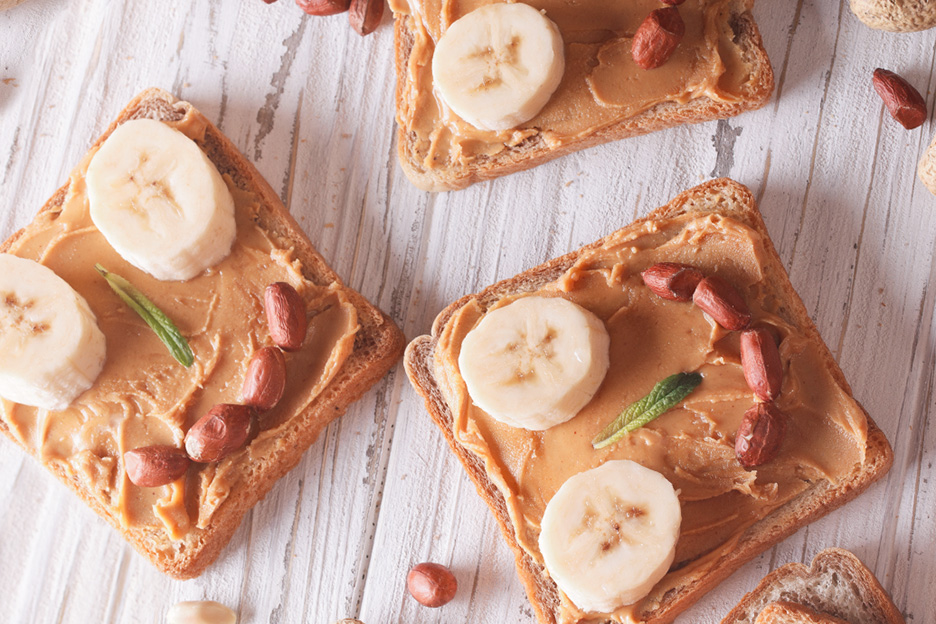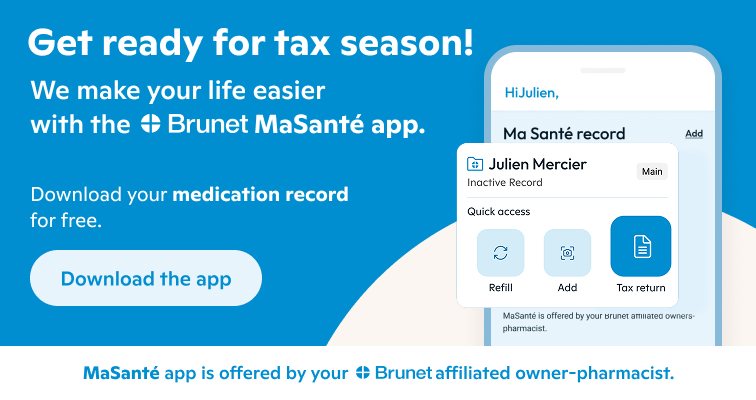Since there is no treatment against food allergies, avoiding allergens, as well as foods that contain them, remains the best weapon for allergic children. Here’s how.

1
Read all labels carefully.
At the grocery store, always read the ingredients list of all the products you buy. Be aware that food allergens and their derivatives are sometimes referred to by different names on the labels. Also watch for label warnings such as "May contain ...". Remember, even a tiny allergen amount can cause severe allergic reactions.
2
Inform your child’s entourage about his health condition.
It is impossible to predict a severe allergic reaction. For this reason, it is very important that you inform your child’s immediate surroundings (parents, friends, teachers, day care educators, guardian, etc.) of the nature of his allergy. At school or at day care, agree on an action plan to ensure the safety of your child. If he’s invited at a friend’s house for a meal, make sure that the responsible adult is notified. Never assume anything and ask all the necessary questions to avoid hidden ingredients. Plus, always plan for an alternative in case none of the dishes served are conform.
3
Educate your child on his allergy.
Involve your child in the management of his food allergy by empowering him at an early age. For example, teach him to eat only foods from home or to ask an adult if the food is safe. Make him understand that it is risky to trade or share food, whether at school, day care or park. Help him identify the food to which he is allergic by showing him a photo, for example. Also, make sure he is able to recognize the early signs of an allergic reaction and knows exactly what to do if they occur.
4
Pay attention to potential sources of cross-contamination.
Your child may get a reaction if he eats allergen-contaminated food. This is called cross-contamination. Contamination can happen through direct contact (between the foods) and indirect contact (between food and utensils or contaminated surfaces), so be attentive to all the details to avoid bad surprises. This also applies when shopping at the grocery store, eating at the restaurant, etc. For example, self-service restaurants that offer buffet meals represent a very high risk for your allergic child. Dishes can easily be contaminated with serving utensils that have the annoying habit of travelling from one plate to another.
Make sure your child always has his epinephrine auto-injector.
In case of a severe allergic reaction (anaphylactic shock), administering a dose (or more) of epinephrine remains the first-line intervention, so make sure your child always has an epinephrine auto-injector (EpiPenMD or AllerjectMD) at hand and knows how to use it. If he is too young, people who take care of him should have access to it at any time and should know how to administer it properly.
Some products, foods or changes in lifestyle may not be for you. Always consult your pharmacist or health care provider to assess what is best for you.
Drugs and natural health products may cause serious adverse effects or interactions with other drugs. Carefully read inscriptions, warnings and brochures provided by the manufacturer and consult your pharmacist when purchasing such drugs and natural health products. Keep out of the reach of children.
